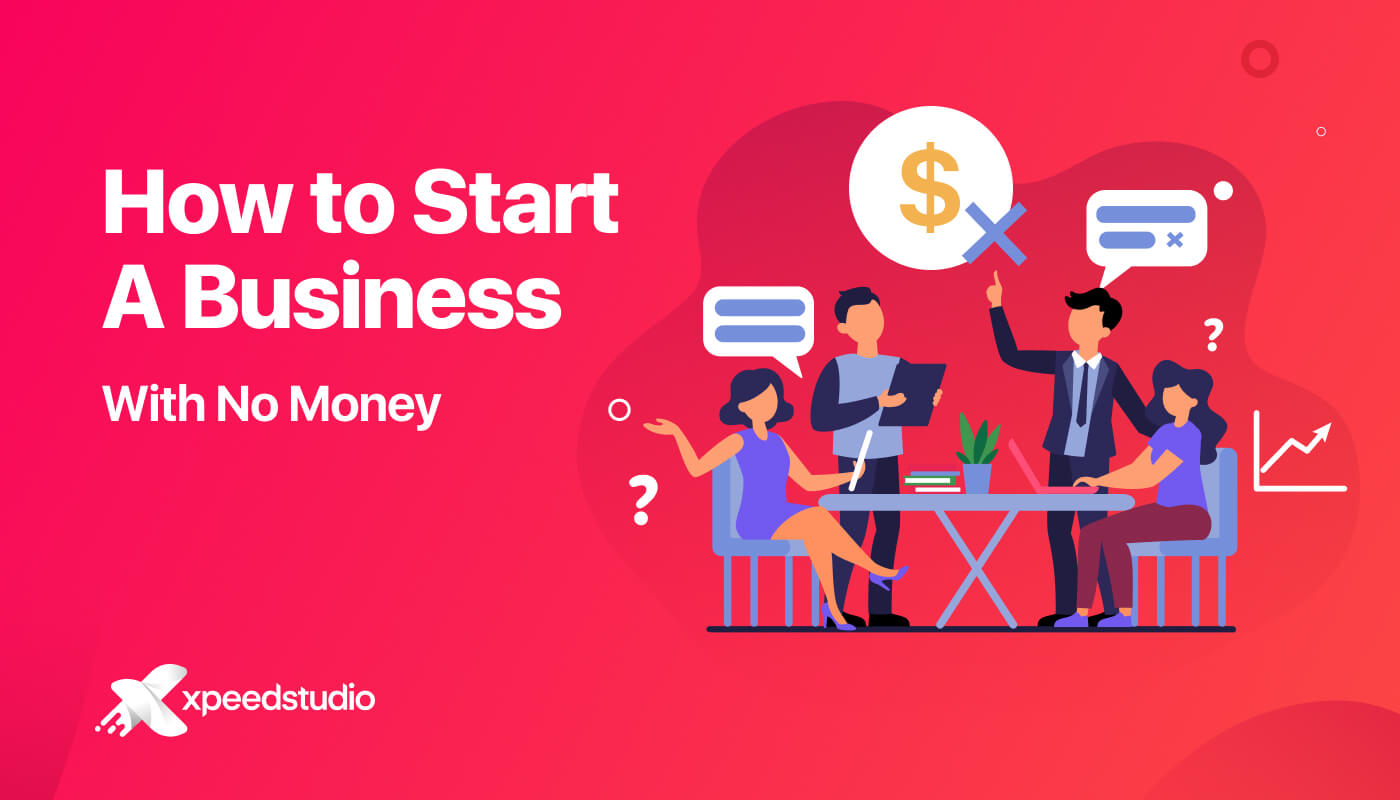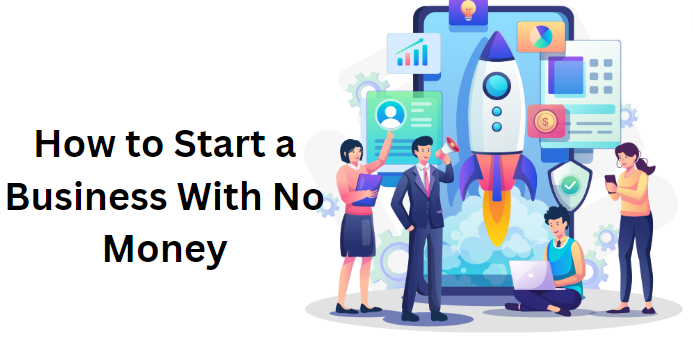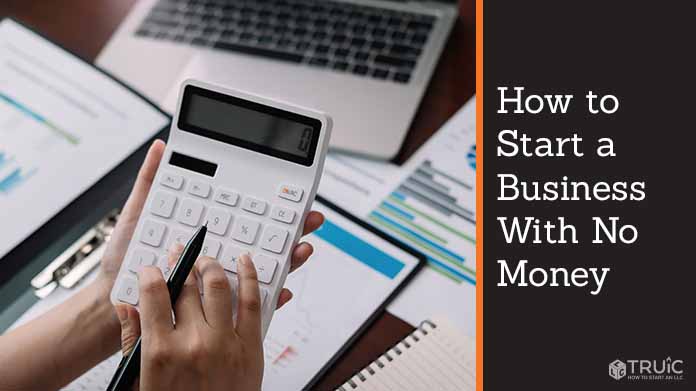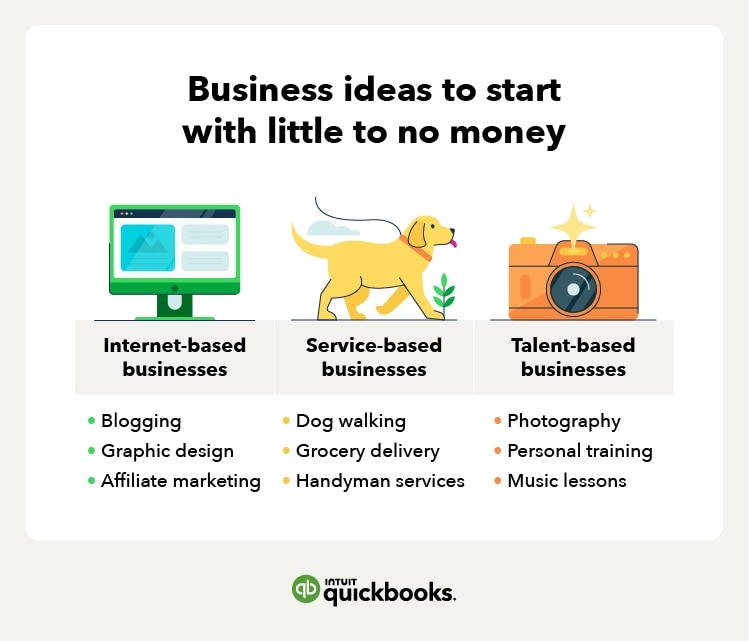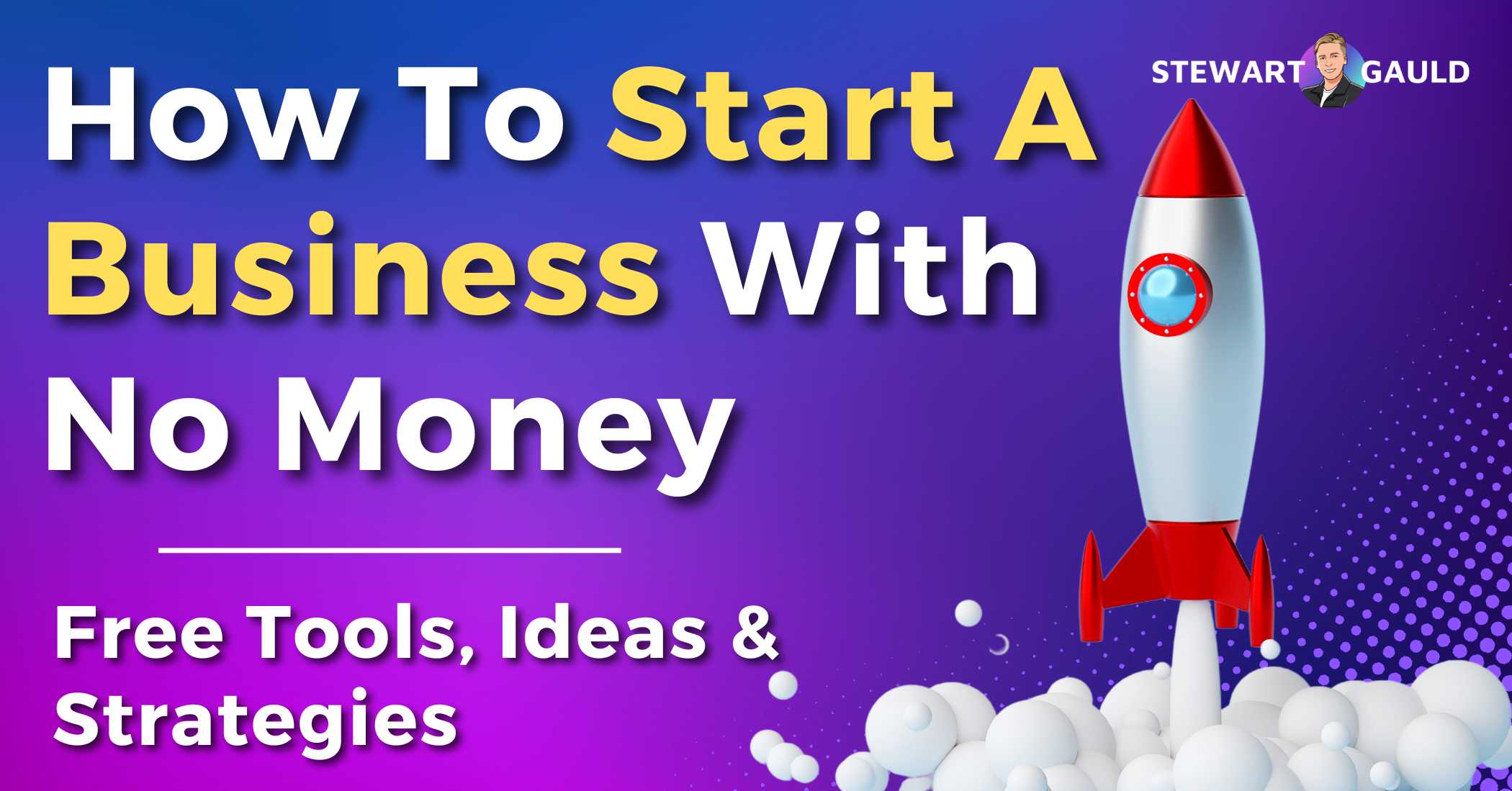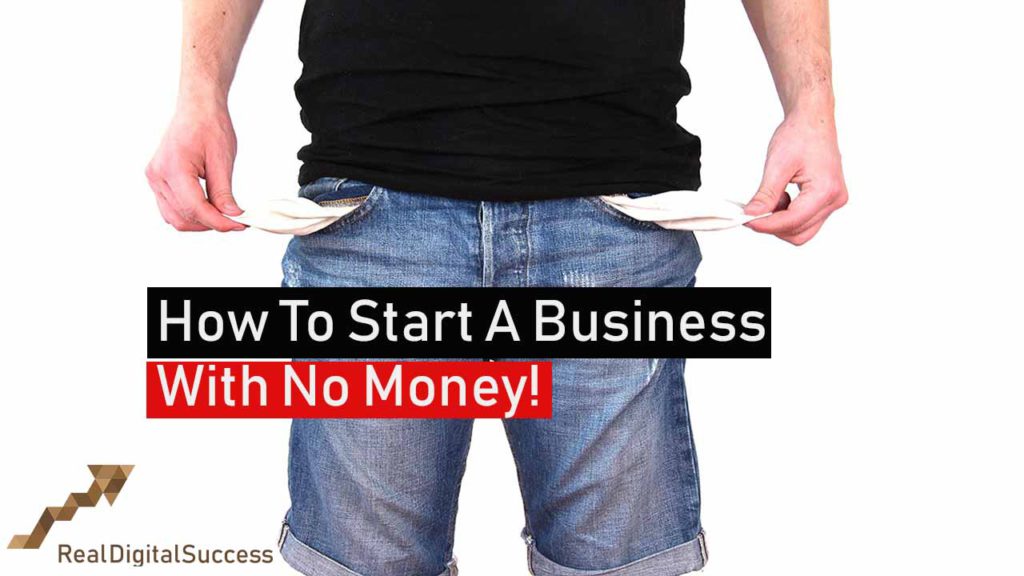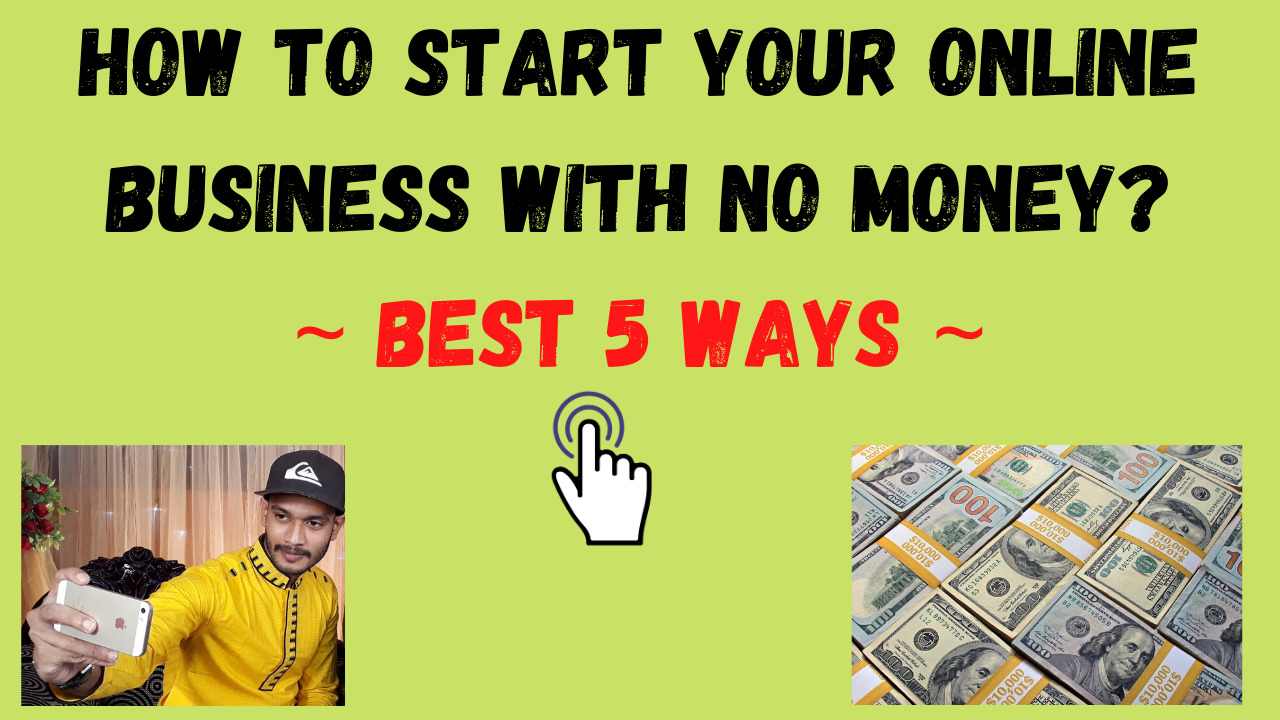How Do I Start A Business With No Money

Imagine this: you're sitting at your kitchen table, the aroma of morning coffee filling the air. A notebook lies open before you, filled with scribbled ideas – a business plan shimmering just beneath the surface. The only problem? Your bank account is echoing with emptiness. The dream feels distant, but not impossible.
Starting a business with no money is challenging, yet entirely achievable. It requires creativity, resourcefulness, and a willingness to embrace unconventional approaches. This article will navigate the terrain of bootstrapping, offering practical strategies to turn your entrepreneurial spark into a thriving venture, even without initial capital.
The Power of Resourcefulness
Forget the notion that you need a hefty loan or investor to launch your business. The first step is to identify what you already possess. What skills do you have? What assets can you leverage?
Consider this: can you offer a service based on your existing expertise? Perhaps you're a talented writer, a whiz with social media, or a skilled graphic designer. These skills can be monetized without significant upfront investment.
Service-Based Businesses: Your Launchpad
Service-based businesses are ideal for bootstrapping. They require minimal overhead. Your time and expertise are your primary resources.
Freelancing is a popular avenue, offering services such as writing, editing, web design, and virtual assistance. Platforms like Upwork and Fiverr connect freelancers with clients worldwide.
Another option is to offer consulting services in your area of expertise. According to a report by IBISWorld, the management consulting industry is booming, indicating a strong demand for specialized knowledge.
Leveraging Your Network
Don't underestimate the power of your personal and professional network. Reach out to friends, family, and former colleagues. Let them know about your business idea.
They may offer invaluable advice, connections, or even initial clients. Networking is also essential for finding potential partners who can contribute skills or resources you lack.
Remember the saying, "It's not what you know, but who you know." This is especially true when starting a business with limited resources.
The Art of the Hustle
Bootstrapping demands a relentless pursuit of opportunities. This often involves bartering, trading, and creative problem-solving.
Can you offer your services in exchange for marketing assistance or website development? Can you find free or low-cost tools to manage your business operations?
HubSpot offers a suite of free marketing and sales tools that can be invaluable for early-stage businesses. Other free or low-cost options include Canva for graphic design and Trello for project management.
The Importance of a Minimum Viable Product (MVP)
Don't try to create a perfect, fully-fledged product or service right away. Instead, focus on developing a Minimum Viable Product (MVP). This is a basic version of your offering that allows you to test your idea and gather feedback from customers.
An MVP allows you to iterate and improve your product or service based on real-world data, minimizing the risk of investing time and resources in something that doesn't resonate with your target market.
Eric Ries, author of The Lean Startup, advocates for the MVP approach as a cornerstone of successful entrepreneurship. It's about learning quickly and adapting to customer needs.
Building a Sustainable Business
Once you start generating revenue, it's crucial to reinvest wisely. Don't be tempted to splurge on unnecessary expenses.
Prioritize activities that will help you grow your business, such as marketing, sales, and customer acquisition. Track your expenses carefully and monitor your cash flow.
Consider exploring crowdfunding platforms like Kickstarter or Indiegogo to raise capital for specific projects or initiatives. These platforms allow you to pre-sell your product or service and generate funds from your target audience.
Remember that building a business takes time and dedication. Be patient, persistent, and willing to learn from your mistakes. Celebrate your small victories along the way.
Starting a business with no money is a testament to the power of human ingenuity and determination. It forces you to be resourceful, creative, and resilient. While the journey may be challenging, the rewards – both financial and personal – can be immeasurable.
So, take that notebook, refine your ideas, and start building your dream. The world needs your unique contribution, regardless of the size of your bank account.
